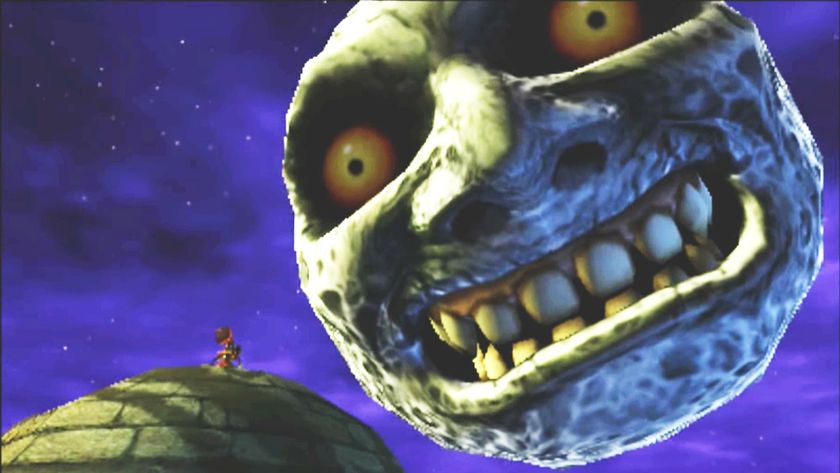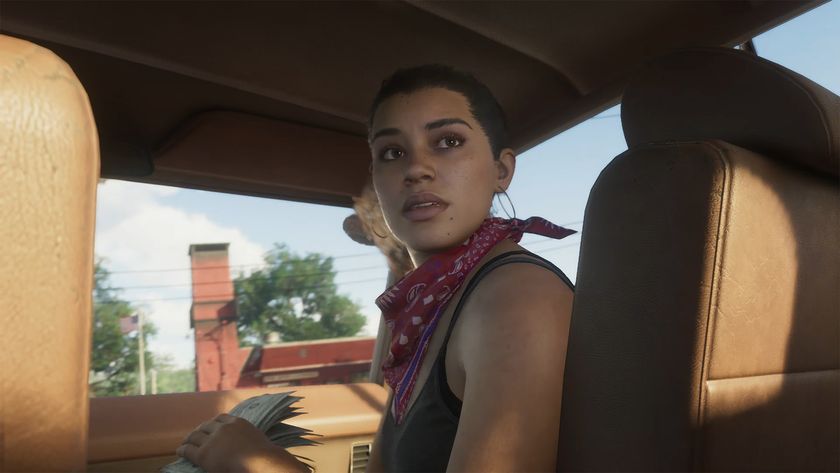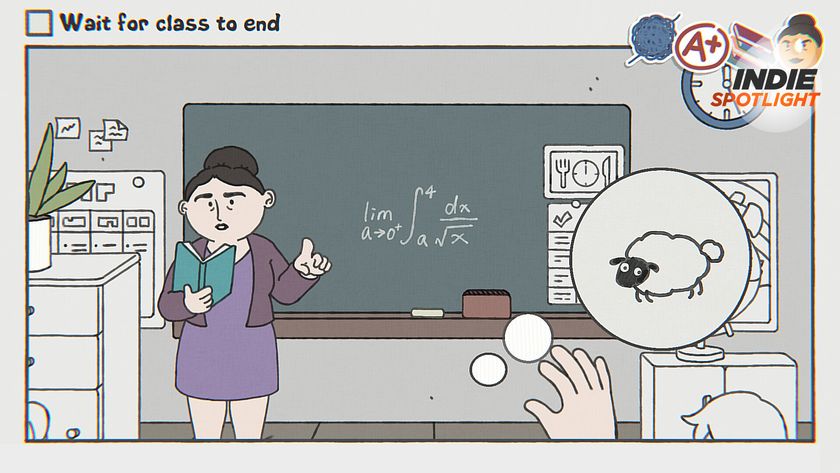Why you can trust 12DOVE
An enquiry into the "black soul of American manhood" is how Paul Schrader describes Russell Banks' novel Affliction. Published to massive acclaim in 1989, the book examines how violence is passed through generations from father to son. Schrader's work both as a writer (Taxi Driver, Raging Bull) and as a director (American Gigolo, Light Sleeper) has demonstrated a preoccupation with men who are consumed by violence. It's no surprise to learn that this is a film Schrader has been waiting years to make.
Affliction begins with a cruel voice-over from the narrator Rolfe, describing what follows as: "The story of my older brother's strange criminal behaviour and disappearance", before adding: "By telling his story, I tell my own."
The audience is then treated to a series of lengthy encounters with those people who are important to Wade (Nick Nolte), - his daughter Jill (Brigid Tierney), his ex-wife Lilian (Mary Beth Hurt), his employer LaRiviere (Homes Osbourne), his girlfriend Margie (Sissy Spacek) and his own domineering dad, Glen (James Coburn). Punctuating this narrative are flashbacks of brutal beatings administered to Wade during his childhood. The pacing is stately - Schrader gradually building up the audience's identification with his flawed central character - while the frozen New England settings (sombrely shot by Paul Sarossy, who photographed Atom Egoyan's Russell Banks adaptation The Sweet Hereafter) counterpoint the narrative's raging emotions.
Initially, Affliction looks set to be a murder-mystery - Wade's colleague Jack has escorted a wealthy union official on a hunting trip, only for the latter to wind up dead. Wade begins concocting all kinds of theories about the killing. Was it a Mafia hit? Or crooked property developers? And, ultimately, does this death in any way connect to the film's broader story of abuse and confrontation?
The real drama in Affliction lies in the clashes between Nolte and Coburn, who both weigh in with monumental performances. A gravel-voiced, bloated Nolte, who specialises in troubled men (Pauline Kael called him the "master of the mixed-up"), is entirely convincing as the shambolic loser who's never fully grown up, and is now descending into madness. The hulking Coburn, even more physically imposing than Nolte, terrifies as the drunken, violent father who's filled with disdain.
Be warned: Affliction is a desperately pessimistic tale and, unlike Schrader's earlier films, there is no hint of redemption in its conclusion. The elder son, despite his protestations to the contrary, has become like the father, while the narration reminds the audience of the emotional damage suffered by the younger sibling. Nevertheless, the film's stark power gives it far more visceral impact than The Sweet Hereafter.
This harrowing meditation on the generational impact of male violence from writer/director Schrader features magnificent performances from Nolte and Coburn. It's painfully bleak, but makes for compelling cinema.
The Total Film team are made up of the finest minds in all of film journalism. They are: Editor Jane Crowther, Deputy Editor Matt Maytum, Reviews Ed Matthew Leyland, News Editor Jordan Farley, and Online Editor Emily Murray. Expect exclusive news, reviews, features, and more from the team behind the smarter movie magazine.

Despite Zelda: Majora's Mask basically being a horror game, one of its key devs didn't think its creepiest features were scary at all: "People on the team were like 'whoa!'"

Corsair exec says GTA 6 is coming to PC in early 2026 and then quickly un-says that

This puzzle game has done the impossible: waiting around for something to happen has never, ever been this fun
Most Popular




